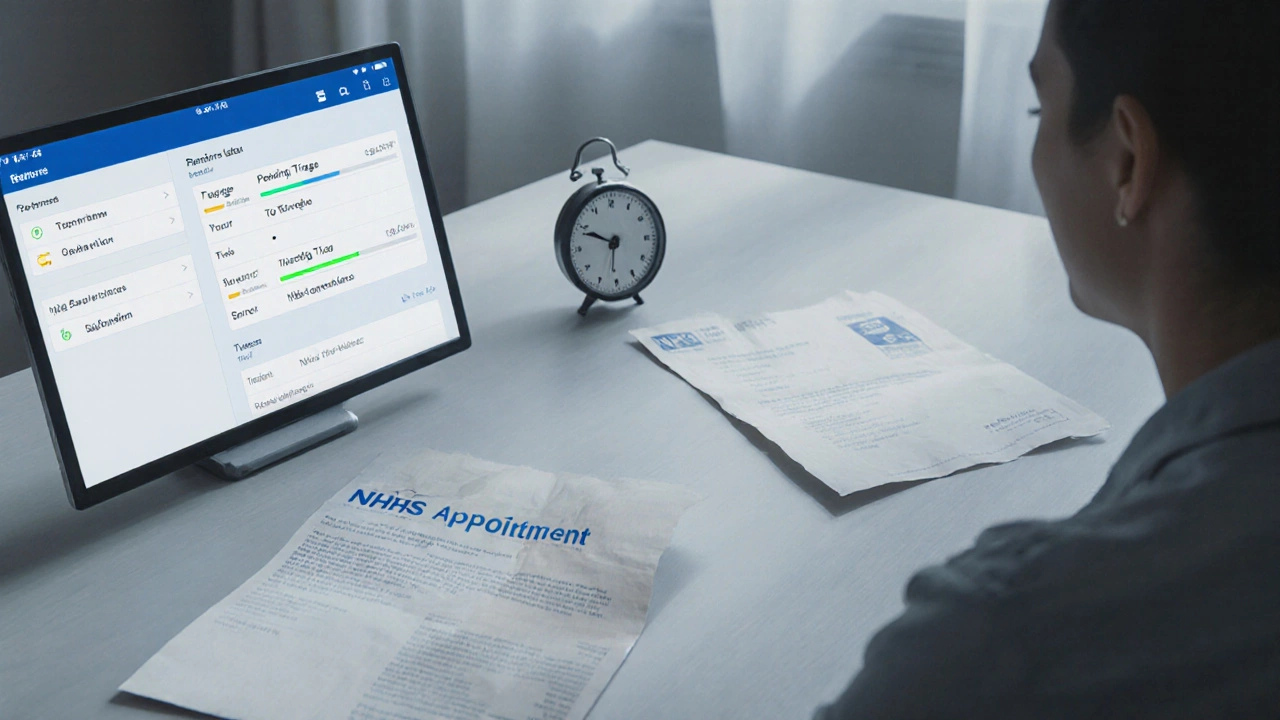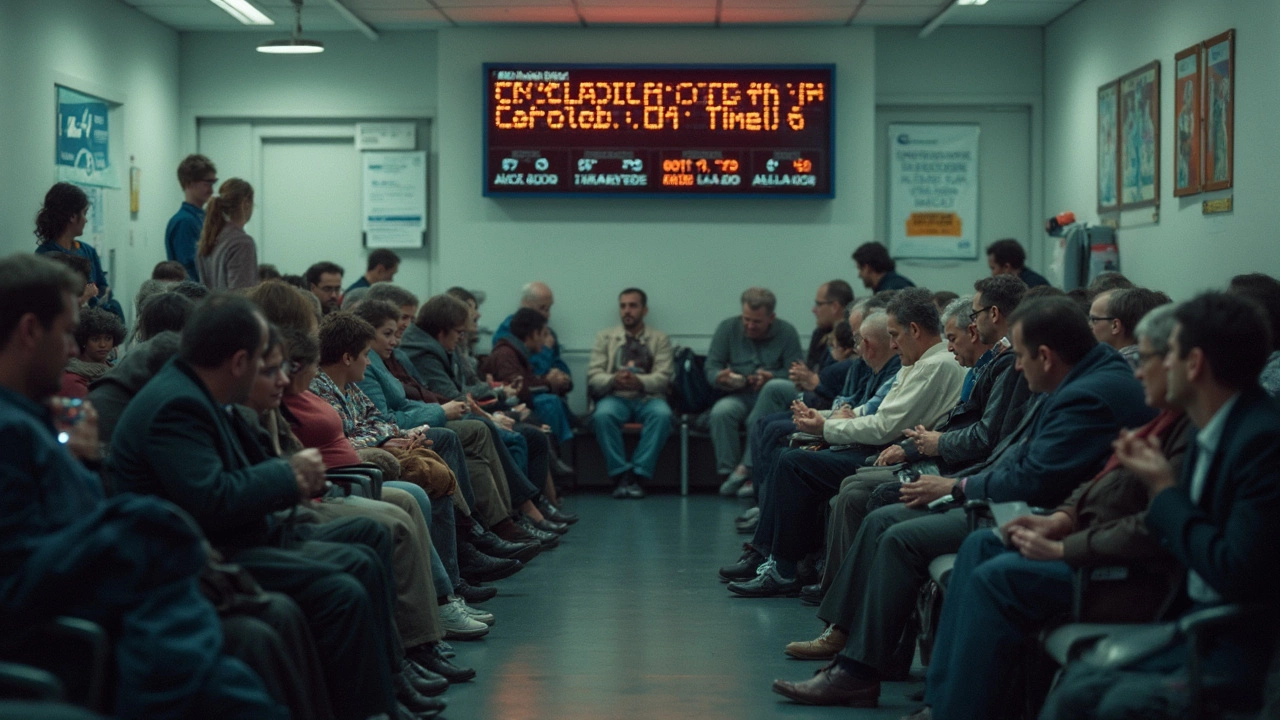NHS Waiting Times: What You Need to Know
Ever wondered why you’ve been told to wait weeks or even months for an NHS appointment? You’re not alone. The waiting lists have grown so much that many patients feel stuck and frustrated. In this guide we’ll break down the biggest reasons behind the delays, point out which treatments are affected the most, and give you easy steps to make the wait a little easier.
Why Waiting Times Keep Growing
First off, staffing shortages play a huge role. Fewer doctors and nurses mean fewer slots for consultations, surgeries, and therapies. On top of that, the population is aging and more people need care, which pushes demand beyond what the system can handle. Funding gaps add another layer – when hospitals can’t hire extra staff or upgrade equipment, backlogs stay stuck. The result is a perfect storm of longer lists, especially for specialties like orthopaedics, cardiology, and mental health.
Recent data shows that the longest NHS waiting list is for elective orthopaedic surgery, where patients can wait over a year. Cancer treatments, though prioritized, still see delays in diagnostics and follow‑up appointments. Even routine tests like MRI scans are catching up, so you might hear about a “three‑month wait” for something that used to be booked in weeks.
Practical Tips for Patients
While you can’t control the system, you can take a few actions to protect your health. First, register with a local GP and keep your contact details up to date – missed messages mean missed chances for earlier slots. If a referral is pending, ask your GP for a “fast‑track” letter if your symptoms are worsening.
Second, explore private or community options for certain services. Some private clinics offer faster diagnostics, and the NHS sometimes accepts private results to speed up treatment. Third, use the NHS ‘Choose and Book’ service to compare appointment times across nearby hospitals; you might find a shorter wait a short drive away.
Lastly, keep a health diary. Record any changes in symptoms, pain levels, or new concerns. When you finally get an appointment, you’ll have a clear picture to share with the clinician, which can help prioritize your care.
Understanding the average NHS waiting times in 2025 – roughly 12 weeks for a hospital appointment and 6 weeks for a GP referral – can set realistic expectations. Knowing the numbers lets you plan around them, whether that means arranging support at home or scheduling work around a possible procedure date.
Bottom line: NHS waiting times are a real challenge, but by staying informed, being proactive with your GP, and considering all care options, you can reduce the stress of a long wait. Keep these tips handy, and you’ll be better prepared to navigate the system when you need it most.




